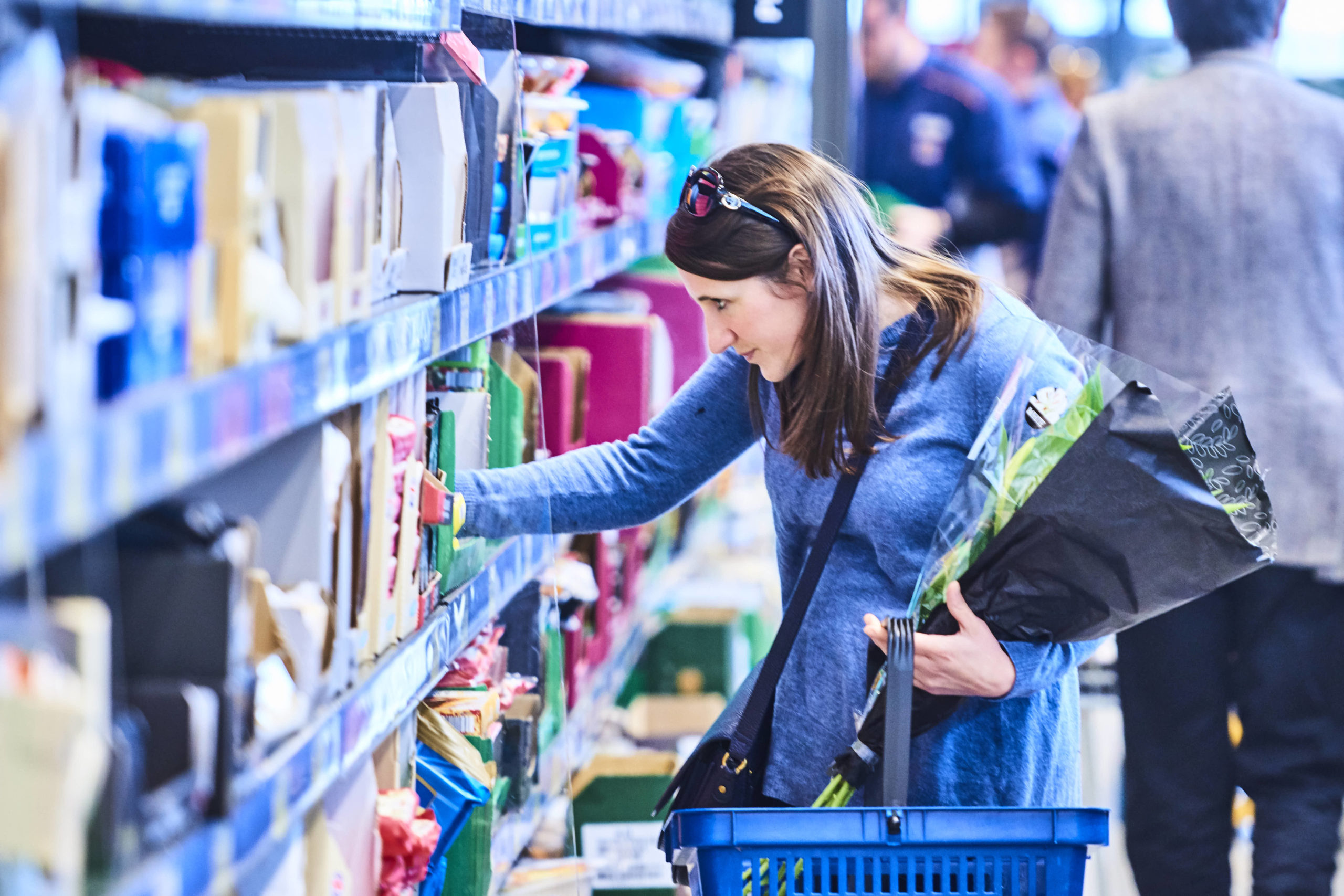Dramatic changes in consumer buying habits during the coronavirus pandemic will have substantial supply chain implications, a survey has found.
According to software vendor Blue Yonder , which surveyed 6,000 European consumers in April and 1,000 U.S. consumers in both March and April, online grocery had been a major beneficiary of Covid-19 impacts on consumer behaviour.
JoAnn Martin, vice president of retail industry strategy at Blue Yonder said: “Online grocery delivery services have seen a big upward trend and attracted a lot of new customers, as a result of people being unable or unwilling to leave their homes.
“For new customers, their initial online grocery delivery experience will likely influence their repeated custom in the future, so it is crucial it is a positive one.”
Wayne Snyder, vice president of retail strategy EMEA at Blue Yonder added: “It is clear that both online and in-store shopping behaviour will change as a result of the Covid-19 pandemic.
“On the one hand, many retailers are going to need to ramp up their online fulfilment operations to meet growing customer demand and expectations. On the other, they will need to carefully consider the changing role of their store estates in terms of supporting both their online and offline business in the future.”
In the US, three quarters (74%) of consumers surveyed during April 2020 said they were shopping online more as opposed to in-store, in response to Covid-19, and this was an increase on an initial rise of 57% when the same survey was carried out in March 2020.
However, the survey also found that more than two-thirds (69%) of US consumers continue to shop in-store for groceries despite the Covid-19 pandemic based on the April survey results. And of those US consumers that had groceries delivered, more than half (54%) said they experienced delays, with 28% stating their delivery was delayed by more than three days.
Due to the increased demand online and the stockpiling of items, both Europe and the US have faced shortages of products. The survey found that in Europe, more than one third (38%) of shoppers said their favourite items and brands are more often out of stock at grocery retailers, compared to the beginning of the Covid-19 crisis.
In regards to grocery retail, before the Covid-19 crisis, only 48% of shoppers cited stock availability as important, after price (72%) and range of products (54%). However, stock availability is now the most important (58%), ahead of price (56%) and range of products (39%).
Martin said: “Shopping patterns are shifting, and we are seeing a resurgence of the big weekly food shop. It is clear that consumers are willing to compromise on product and price, provided the items they need are in stock.
“Retailers must think about the knock-on effect this behavioural shift will have on availability and adjust product assortments in line. For example, if they find people seeking the security of purchasing a larger number of longer-life items, due to lockdown restrictions or supply problems, retailers could consider scaling back the number of fresh items on offer.”
The research revealed that in Europe, almost half (47%) of consumers are spending more on grocery shopping since Covid-19 crisis measures were put into place.
However, 58% of shoppers had spent less money on fashion since Covid-19 restrictions were put in place.
And there were similarities for DIY and electronics industries, which saw 40% and 45% of their customers spending less respectively. Healthcare saw a rise in sales, with 23% of shoppers saying they have spent more during this time (compared to a sector-wide average of 17%).
Snyder said: “The ongoing concern for retailers is the risk of shoppers spending less, or not visiting stores as frequently. To position themselves for success, retailers’ supply chains must be geared up to provide people with the goods they want, either online or in store, as efficiently as possible.
“This will require them to improve their forecasting capabilities and have greater visibility into their supply chains than ever before. AI and machine learning can play an important role in helping retailers better anticipate demand, as well as identifying and resolving issues at a more granular level.”







